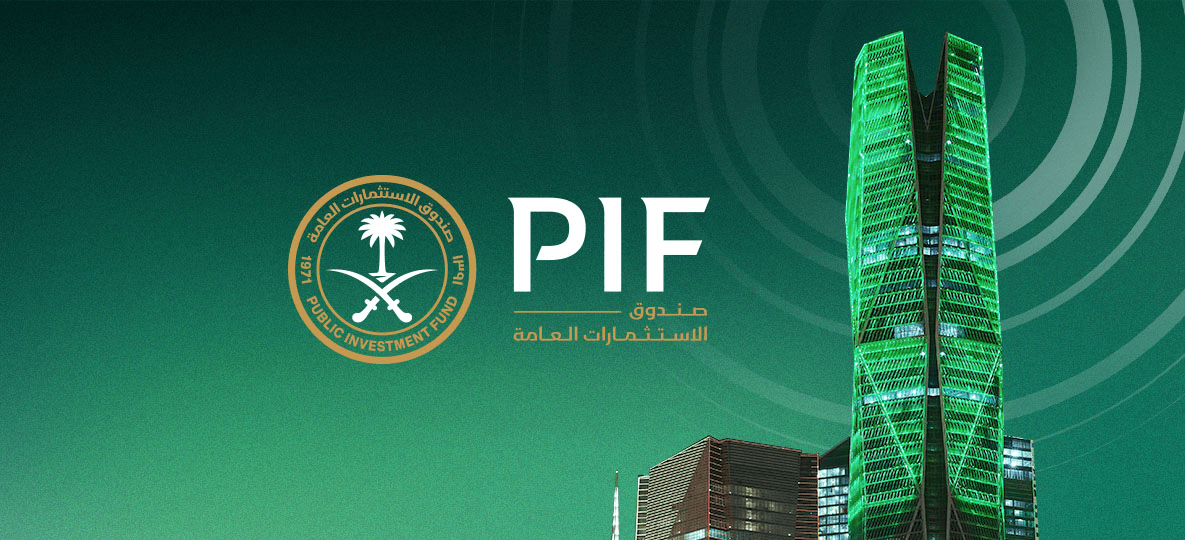In a move that sends shockwaves through the global entertainment and technology sectors, the PIF EA Acquisition is officially complete. Saudi Arabia’s Public Investment Fund (PIF), one of the world’s largest sovereign wealth funds, in partnership with a firm linked to Jared Kushner, has finalized a staggering $\text{55 billion deal}$ to acquire Electronic Arts (EA), the video game giant behind franchises like EA Sports FC, The Sims, and Apex Legends.
This massive investment is not just a financial transaction; it’s a profound strategic declaration. It signals the Gulf kingdom’s seriousness about its economic diversification plan, Vision 2030, and its ambition to become a central hub in the rapidly expanding world of digital entertainment. For Electronic Arts, a company built on decades of cultural impact and billion-dollar franchises, the change in ownership marks an unprecedented turning point, filled with both immense opportunity and significant cultural challenges.
The Financial and Strategic Power Behind the PIF EA Acquisition
The $\text{55 billion valuation}$ underscores the scale of this deal, making it one of the largest acquisitions in the history of the video game industry. To put this into perspective, it rivals Microsoft’s purchase of Activision Blizzard and highlights the escalating value of content and intellectual property (IP) in the digital age.
PIF: Fueling Vision 2030 with Digital Assets
The Public Investment Fund’s mandate is clear: to diversify Saudi Arabia’s economy away from oil dependency. The PIF has been aggressively investing in future-forward sectors, with a particular focus on technology, tourism, and entertainment. Gaming, with its enormous global audience and resilient revenue streams, is a perfect fit.
The fund’s previous forays into gaming—building stakes in companies like Activision Blizzard (before the Microsoft deal), Take-Two Interactive, and Nintendo—were precursor moves. The PIF EA Acquisition, however, is the full-scale culmination of this strategy. By taking control of a major publisher, the PIF gains:
- Established IP: Ownership of some of the most recognizable and profitable franchises in sports and simulation gaming.
- Global Distribution Channels: Direct access to tens of millions of players across console, PC, and mobile platforms worldwide.
- Development Talent: Control over studios staffed with thousands of experienced game developers, designers, and executives.

This move aligns perfectly with the kingdom’s goals to develop its domestic entertainment industry and create new, high-value jobs for its young population. It positions the country not merely as a consumer of global culture, but as a principal owner and producer of it.
The Role of Kushner’s Firm: Facilitator and Partner
The involvement of a firm associated with Jared Kushner adds a unique geopolitical and business dimension to the deal. While the exact financial contribution and management role of Kushner’s vehicle remain under wraps, the partnership is seen by analysts as an essential element in navigating the complex regulatory and corporate landscape of a major US-listed company.
Kushner’s deep political and business ties are believed to have helped bridge the cultural and governmental divides, smoothing the path for such a large-scale foreign acquisition of a major American cultural institution. This collaboration suggests a model where Saudi capital is combined with Western business and advisory expertise to execute high-stakes global deals.
What Does This Mean for Electronic Arts (EA)?
For the staff, players, and shareholders of Electronic Arts, the $\text{PIF EA Acquisition}$ will usher in a new, potentially volatile, chapter.
A Flood of Capital and a Focus on Growth
The immediate benefit for EA is an infusion of virtually limitless capital. This investment is expected to be directed into several key areas:
- Giga-Project Development: Funding for game projects that were previously too risky or capital-intensive. This could mean even more ambitious development cycles for flagship titles like Battlefield or the creation of entirely new, AAA intellectual property.
- Expansion into New Markets: Aggressive expansion into Asian and Middle Eastern markets, leveraging the PIF’s regional influence and understanding of local consumer behavior.
- Technological Leapfrogging: Accelerated investment in next-generation technologies, including cloud gaming infrastructure, artificial intelligence (AI) integration in game design, and metaverse-related projects. The deal could also facilitate the transfer of state-of-the-art digital infrastructure development, like the data center boom in Riyadh and Abu Dhabi, directly to EA’s operations.
Cultural and Editorial Headwinds
The most significant concerns surrounding the PIF EA Acquisition are cultural and editorial in nature. Electronic Arts is a global company that often deals with sensitive, real-world issues, particularly in its sports and simulation titles.
- Censorship and Content Policy: Will the new ownership influence the content of games to align with conservative social values? Titles that feature themes like LGBTQ+ representation, political commentary, or even specific cultural elements could face internal scrutiny or external pressure.
- Geopolitical Risk: As a Saudi-owned entity, EA could face boycotts or diplomatic challenges in regions where Saudi Arabia is viewed unfavorably. Furthermore, some governments may question the national security implications of a foreign sovereign wealth fund owning a company that collects vast amounts of user data on citizens.
- The ‘Madden’ and ‘FIFA’ Legacy: The sports community will closely watch how the ownership impacts the beloved sports franchises. Will EA Sports FC expand its focus into new regional leagues favoured by the new owners? Will the massive funding lead to unprecedented realism or introduce new forms of monetization?
EA’s new leadership will face the delicate task of balancing the financial demands of the PIF with the creative autonomy expected by the international gaming community.
Global Ramifications: A Shift in Gaming’s Geopolitical Axis
The $\text{55 billion PIF EA Acquisition}$ is more than a big check; it’s a shift in the global balance of power within the entertainment industry.
The Middle East as a Gaming Powerhouse

The deal solidifies the Middle East, particularly Saudi Arabia and the UAE, as a crucial axis in the future of gaming. No longer are they just target markets; they are the financial engine and the decision-makers for major global titles. This move rivals the impact of major technology developments in the Gulf, such as the UAE’s focus on AI governance and Saudi Arabia’s launch of global tech hubs in Riyadh.
The rise of massive, state-backed investment in gaming creates a new competitive landscape for traditional tech powerhouses in the US, Japan, and China. This capital injection is not simply looking for short-term returns; it is aiming for long-term cultural influence and structural economic change.
The Competition for Talent and IP
The industry is now a battleground for talent and intellectual property. The PIF’s ability to offer unmatchable capital expenditure to EA means they can potentially outbid rivals for new studio acquisitions, exclusive developer contracts, and cutting-edge technology. This intensifies the competition for every mid-size developer and independent studio on the market.
Simultaneously, the deal puts immense pressure on rivals like Take-Two Interactive (GTA), Epic Games (Fortnite), and traditional media conglomerates to secure their own positions. The question is no longer who can make the best game, but who has the deepest pockets and the most forward-looking geopolitical strategy.
Player Response and Future Outlook
The immediate response from the gaming community has been mixed. Hardcore fans of EA’s franchises express a cautious optimism, hoping the new capital will fix long-standing issues, particularly with quality control and the heavy use of in-game monetization. Conversely, many others voiced concern over the potential for editorial interference and the geopolitical source of the funding.
A core challenge for the new EA will be demonstrating that it remains committed to the diversity and openness that defines global gaming culture, even as it serves the economic and strategic goals of its new owners.
Key Focus Areas for the New PIF-Owned EA:
- Live Service Model Overhaul: A potential shift toward optimizing and expanding existing “live service” games like Apex Legends and EA Sports FC, leveraging PIF’s deep pockets to create persistent, interconnected gaming experiences.
- Esports Dominance: A likely acceleration of EA’s push into esports, with massive new tournaments, prize pools, and dedicated arenas, possibly linking directly to the infrastructure being built in Riyadh and Dubai.
- New IP Incubation: Launching several bold, new IP projects intended to prove that the PIF is interested in genuine innovation, not just managing existing hits.
The PIF EA Acquisition is a landmark moment. It symbolizes the collision of sovereign wealth, global culture, and digital technology. The next few years will determine whether this colossal merger will revitalize Electronic Arts into an unstoppable global force or be hampered by the complexity of its new ownership structure and the inevitable cultural friction it creates. The world watches to see how the $\text{55 billion}$ bet will redefine the games we play.
Do Follow Gulf Magazine on Instagram
Also read: Desserts of the UAE: A Blend of Culture and Tradition



